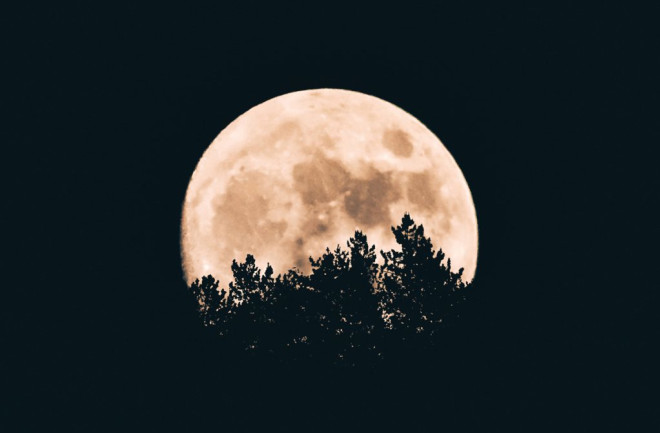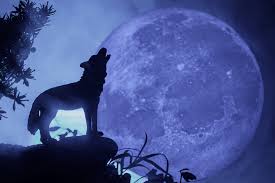Beware: Bad moon risin’
It’s long been a superstition within the medical community that nights of a full moon bring an unwelcome and unpredictable surge in emergency room chaos in hospitals across the country. “Sometimes [hospital workers] come in at 7 p.m. and say, ‘Better brace up, you know it’s full moon,’ in expectation it’s going to happen. And sure enough, it does.” During his many years in ER, Becher specifically saw patient volumes increase and noticed people with chronic problems tend to come in “out of the blue” on full moon nights. “A significant portion of that increased volume are abnormal situations that you don’t see every day. A lot of emotional problems, a lot of psychiatric problems,” he said. After all, the word “lunatic” derives from the Latin for “moonstruck.”
A research paper from 2011 also found that 40% of health workers believe the moon’s phases have an impact on human behavior. Recent research from February found that hospital workers use their panic buttons 9% more on nights of a full moon. Down south, Dr. Frederic “Kip” Wenger, the former chairman of emergency medicine at UT, Knoxville, has seen his fair share of hysteria while a full moon was present. He also acknowledges that some bizarre incidents have coincided with full moons. He recalled during one full evening, one of his toughest peers completely broke down after a patient’s foot literally fell off when they tried removing his shoe.
It’s not quite clear where the superstition came from in the first place. But in defense of believers of “lunacy,” the moon does exercise some influence on Earth, from the pull of the tides to the mating cycles of corals and glowworms. It’s not surprising that people wondered if the moon might be shaping people’s lives too. Scott Lilienfeld of Emory U notes there might be some correlation at work, if not necessarily causation. Before artificial lighting, the full moon might have kept people up at night, including people with mental illnesses that are exacerbated by lack of sleep. The bright sky could have led them to leave their houses and congregate, says Lilienfeld, “And that may have caused a commotion.” But no matter where the idea came from, it was probably easy for people to find evidence for their suspicion that bad things happened when the moon was full. “Our brains tend to be predisposed to seeing patterns, even when they’re not actually existent,” says Scott Lilienfeld. “The world is very scary, and the world is unpredictable, and it may give us a pleasure, a relief, to think the world is not as uncontrollable, not as unpredictable as we might believe,” Lilienfeld says. I do suspect that anything that gives us a sense that we can predict something might provide us with a measure of psychological reassurance. Things break, people break, and it’s nicer to think that it’s the fault of a bad moon rising than that the world is just a strange place no matter what the sky looks like.
Lunar Logic
Canada’s starting a space program to send a spaceship to the moon.
They’re calling the spaceship Apollo-G.
The Sun and the Moon walk into a bar…
Sun: Ahhh, damn it! I forgot my wallet.
Moon: Hey no worries, I’ll cover ya.
There are two types of countries.
Those that use the metric system and those that have been to the moon and have recreated nuclear fusion.
First woman on the Moon calls Houston:
“Houston, we have a problem.”
What?
“Never mind.”
What’s the problem?
“Nothing.”
Please tell us?
“You know what the problem is.”
April 23rd Birthdays
1976 – Keri Russell, 1987 – Jessice Garcia, 1992 – Vanessa Morgan, 1928 – Shirley Temple
1975 – Song Kang, 1978 – John Oliver, 1960 – Roy Orbison, 1564 – William Shakespeare




